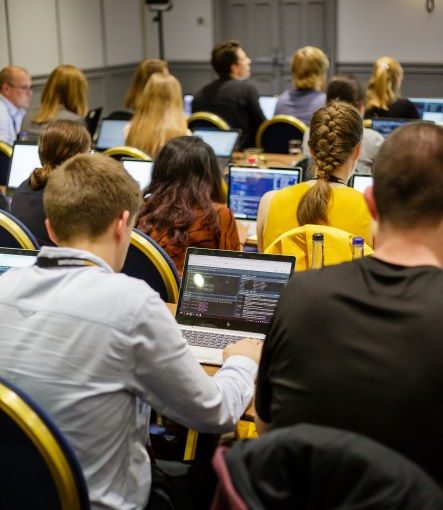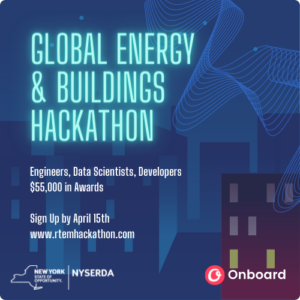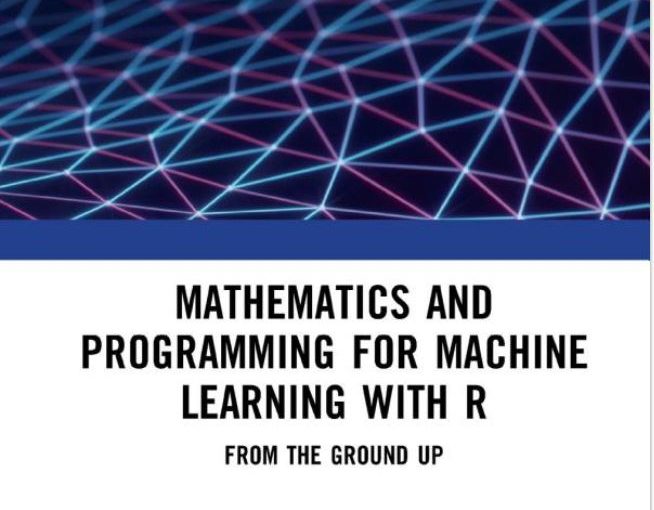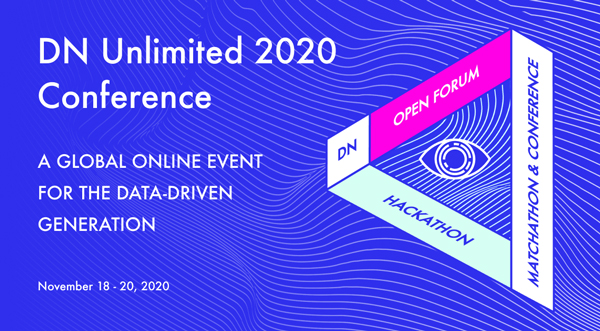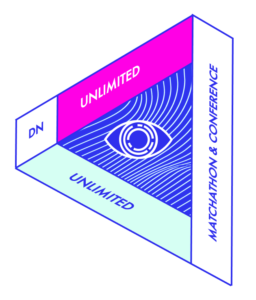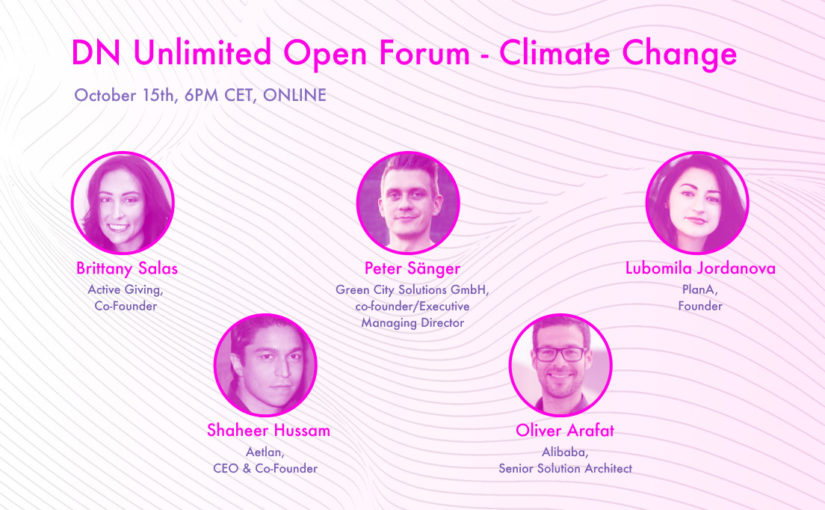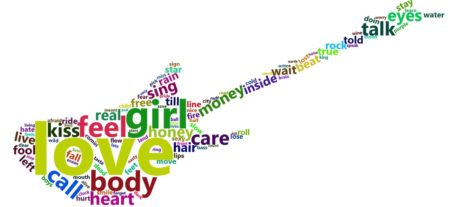Your EARL tickets are now live to purchase here. Offering you every possible EARL ticket combination, here is a quick summary of what you can expect. You can simply choose a 3-day jam-packed conference pass or a 1 or 2-day option to customise an itinerary that works for you.
Grab your EARLy bird tickets right away – limited for a period of 2 weeks and 2 weeks only, we are delighted to be offering an unlimited amount of tickets ranging from 15-25% discount on all ticket options, depending if you are NHS, not for profit or an academic.
Team networking.
Why not bring your colleagues along for a much needed team social at the largest commercial R event in the UK? Offering lots of networking opportunities from brands in similar markets – there will be plenty of time to swap market experiences, over coffee, at lunch or at our evening reception. We are certainly proud to be a part of such an enthusiastic community.
Full or half day workshop on day 1.
We are running a 1-day series of workshops to kick off
EARL on 6th September, covering all areas of R from explainable machine learning, to time series visualisation, functional programming with purr, an introduction to plumber APIs to having some fun and making games in Shiny. There is plenty of choice with morning and afternoon sessions agenda.
Full conference pass.
Our all-access pass to EARL gives you full access to a 1-day workshop, full 2-day conference pass and access to the evening reception at the unforgettable Drapers Hall on day 2 – the former home of Henry VIII. We have got an impressive line-up of keynotes including mathematician, science presenter and all-round badass – Hannah Fry, Top 100 Global Innovator in Data & Analytics – Harry Powell and the unmissable Financial Times columnist John Burn-Murdock. To add to this excitement, we have approved used cases from Bumble, Samaritans, BBC, Meta, Bank of England, Dogs Trust, NHS, and partners RStudio alongside many more.
1 or 2-day conference pass.
If you would like access to the keynotes, session talks and abundance of networking opportunities, you can choose from a 1 or 2-day pass aligned to your areas of interest. The 2-day conference pass gives you access to the main evening reception.
Evening reception.
This year we have opted for an unforgettable experience at Drapers Hall (the former home of Henry VIII), where you will get the ability to network with colleagues, delegates and speakers over drinks, canapes, and dinner in unforgettable surroundings. Transport is provided in a provide London red bus transfer.
This year promises an unforgettable experience, with a heavy weight line up, use cases from leading brands and the opportunity at last to share and network to your heart’s content. We look forward to meeting you.
Book your tickets
now.

